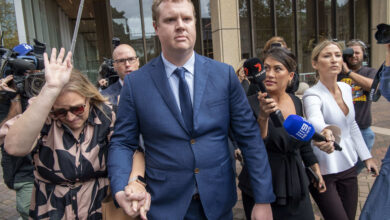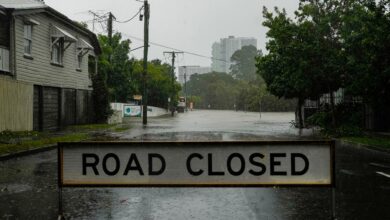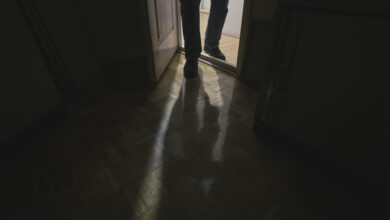Concern at SA homebirth reporting
Midwives are concerned a recommendation to report all high risk homebirths will push the practice underground, Darren Mara reports.
The Australian College of Midwives has expressed “grave concern” over calls by the South Australian deputy coroner for mandatory reporting by health professionals of all high-risk homebirths.
ACM spokeswoman Dr Hannah Dahlen said this would mean many women who want to give birth outside the maternity care system because of traumatic past experiences in hospitals would go “underground” to avoid detection by the SA Department of Health.
They would forgo important screening such as blood tests and ultrasounds leading up to childbirth, she said.
“Either these women would have a ‘free birth’ with no professional attendance,” said Dahlen. “Or they would find a midwife who would be willing to take the risk and support them.”
Dahlen said this would present midwives with a dilemma, too. “Midwives would be in a terrible bind. I call it the modern day Sophie’s choice where they’d be forced to choose between women and between their own livelihoods and professional obligations.”
The net effect, said Dahlen, was that some women intent on avoiding the hospital system would go without the life-saving equipment and medication sometimes needed during and after childbirth.
“Midwives [working off the radar] would not be able to get hold of emergency medication like syntocinon, which is important for stopping haemorrhage, vitamin K, which is important for the baby after birth, or local anaesthetic if the woman needs stitches.”
The ACM did, however, support another key coronial recommendation that laws be changed to make unregistered midwifery a punishable offence.
“There is protection in that for the public,” Dahlen said. “That’s so midwives can be kept up to date.
They have codes, they have standards and guidelines that they need to abide by.”
The recommendations are contained in a state coronial report into home birthing that came after the deaths of three newborn babies between 2009 and 2011. The inquiry found the babies’ lives could have been saved had they been born in hospitals.
Recommendations also included the establishment of alternative birthing centres and better education about home birthing.
But Michelle Meares from support and advocacy group Homebirth Australia said many of the South Australian inquiry’s recommendations were “short-sighted” and would make midwifery “too restrictive”.
“[The recommendations] would impinge on women’s basic legal rights to make informed choices about their healthcare and it would lead to the criminalisation of women and midwives,” she said. “It would be a very negative outcome for women and for maternity care in general.”
The Australian Medical Association supported the recommendation to criminalise unregistered midwifery but said it was unsure how mandatory reporting of high-risk births could be regulated.
A spokeswoman for the federal Department of Health and Ageing said the matter would be discussed by federal, state and territory health ministers in August.
Email: [email protected]





